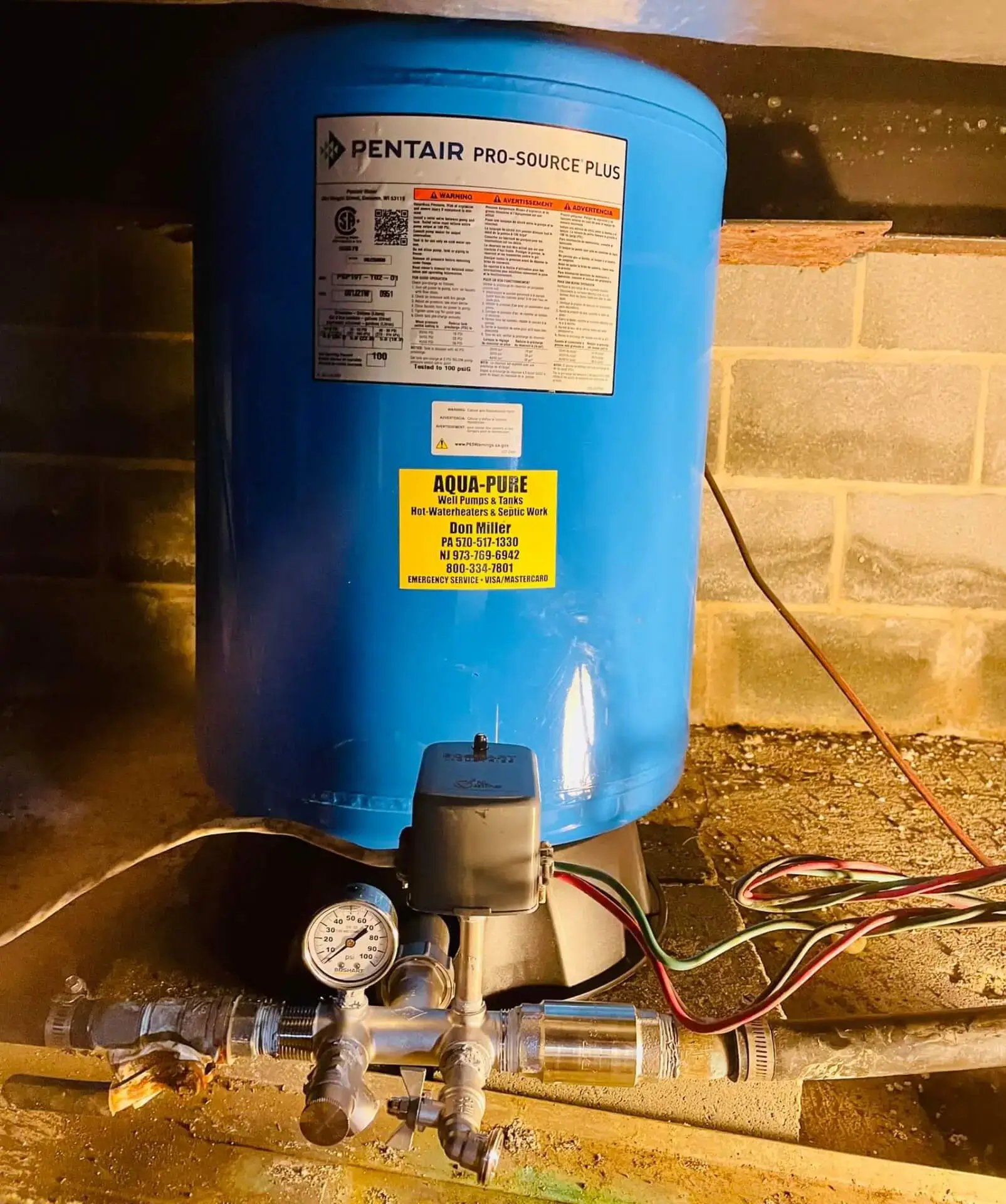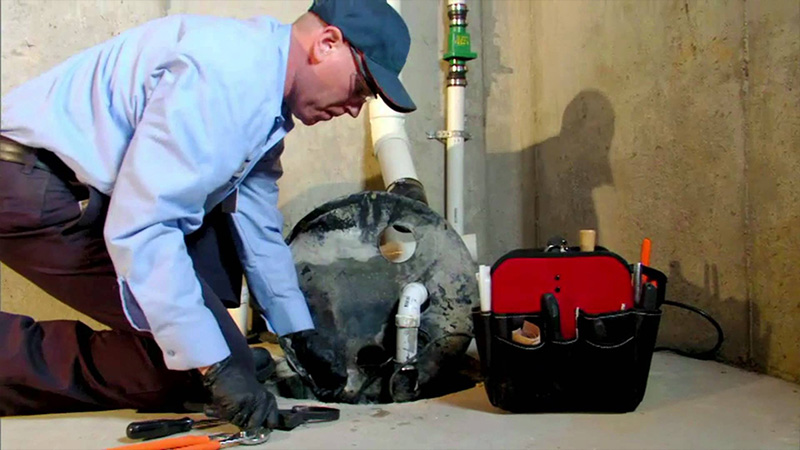Comprehensive Water Treatment Solutions: Protecting Your Household's Health and wellness and Health
Wiki Article
Comprehending the Trick Elements of Effective Water Filtration Systems

Importance of Water Filtration Equipment
Water purification systems play a critical duty in making certain accessibility to tidy and risk-free drinking water by effectively removing contaminants and impurities. These systems are necessary in attending to the growing problems over water quality and the potential health threats related to taking in polluted water. By making use of numerous filtering mechanisms such as reverse osmosis, turned on carbon, and UV sanitation, water filtering systems can effectively eliminate hazardous materials like microorganisms, infections, hefty steels, and chemicals from the supply of water.In addition, water filtering systems help to improve the preference and smell of water by eliminating chlorine, debris, and various other contaminants that can impact its quality. Well Pump Replacement. This improvement in water quality not only makes it extra palatable yet also urges individuals to consume a sufficient amount of water daily, advertising far better hydration and general wellness
Sorts Of Purification Elements

Physical filters are developed to literally stress out impurities from the water. These filters can be made from products like ceramic, carbon, or perhaps sand, and they function by trapping bits larger than the filter's pores as water goes through.
Chemical filters use various chemical processes to eliminate impurities from the water. Instances consist of activated carbon filters, which adsorb impurities, and reverse osmosis membranes, which utilize stress to different contaminants from the water.
Biological filters use living organisms like germs or algae to damage down raw material and toxins in the water. These filters are often used in wastewater treatment plants or natural water purification systems.
Understanding the different types of filtration components is essential for selecting the most suitable water filtration system for specific filtration demands.
Feature of Debris Filters
Debris filters play a vital function in water filtering systems by efficiently catching solid particles put on hold in the water. These filters are commonly the first line of protection in a filtering system, eliminating larger fragments such as sand, silt, dust, and corrosion before the water moves via finer purification stages. By trapping these debris, the filters stop them from getting to downstream elements, thus expanding the life expectancy and effectiveness of the entire system.The feature of debris filters is important in maintaining water top quality and securing sensitive equipment from damages triggered by debris. In addition, by eliminating visible bits, debris filters enhance the quality and taste of the water. Frequently cleaning up or replacing debris filters is important to ensure ideal performance. Ignoring this maintenance can bring about blocking, lowered water flow, and compromised filtering efficiency. Generally, sediment filters are crucial elements that add substantially to the effectiveness of water filtering systems.
Function of Turned On Carbon Filters
find more information Playing a critical duty in water purification systems, activated carbon filters are instrumental in removing impurities and contaminants from the water supply. As water passes through the filter, the activated carbon holds and attracts onto the impurities, ensuring that the water that comes out on the other side is cleaner and more secure for intake.Turned on carbon filters are extremely effective at boosting the taste and smell of water by minimizing chemicals that can affect its top quality. Due to their adaptability and reliability, turned on carbon filters are an essential component in making certain that water is cleansed to the highest requirements before getting to consumers.
Comprehending Reverse Osmosis Systems
Reverse osmosis systems are innovative water filtering systems that use an advanced procedure to eliminate impurities and impurities from alcohol consumption water. These systems work by using stress to the water, requiring it via a semi-permeable membrane. This membrane layer acts as an obstacle, allowing only distilled water molecules to go through, while obstructing click here now larger molecules such as minerals, chemicals, and various other impurities. Because of this, the water that appears beyond is substantially cleaner and much safer for intake.One trick benefit of reverse osmosis systems is their ability to eliminate a large range of contaminants, including heavy steels, liquified infections, germs, and solids. This makes them very reliable in boosting the total top quality and safety of drinking water. Additionally, reverse osmosis systems are relatively low-maintenance and can be installed under the sink or in a central filtration system, offering convenient access to clean water throughout the household. In general, understanding how reverse osmosis systems work can help people make educated choices concerning their water filtering requirements.
Conclusion
In conclusion, efficient water purification systems are crucial for making sure tidy and secure drinking water. By understanding the feature and role of each element, individuals can make educated decisions when choosing a water filtration system.Water filtering systems play an important duty in guaranteeing accessibility to clean and secure alcohol consumption water by efficiently getting rid of contaminants and contaminations. By making use of various filtering devices such as reverse go now osmosis, activated carbon, and UV sanitation, water purification systems can efficiently get rid of unsafe substances like germs, infections, hefty metals, and chemicals from the water supply.
Sediment filters play a critical role in water filtering systems by successfully recording solid bits put on hold in the water (Water Filtration Systems).Playing a vital duty in water filtration systems, activated carbon filters are critical in getting rid of impurities and contaminants from the water supply.Reverse osmosis systems are advanced water filtering systems that utilize an advanced procedure to get rid of impurities and contaminations from alcohol consumption water
Report this wiki page